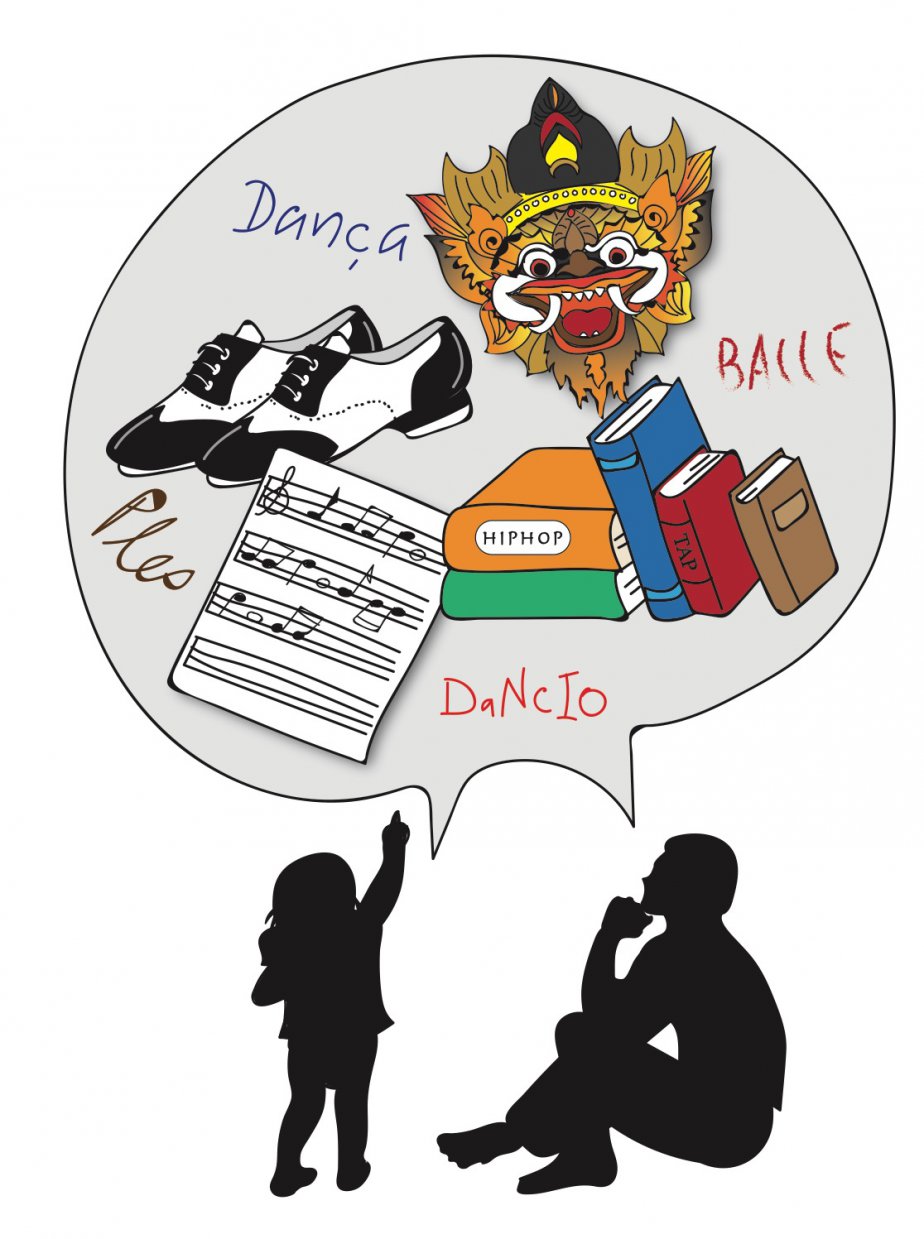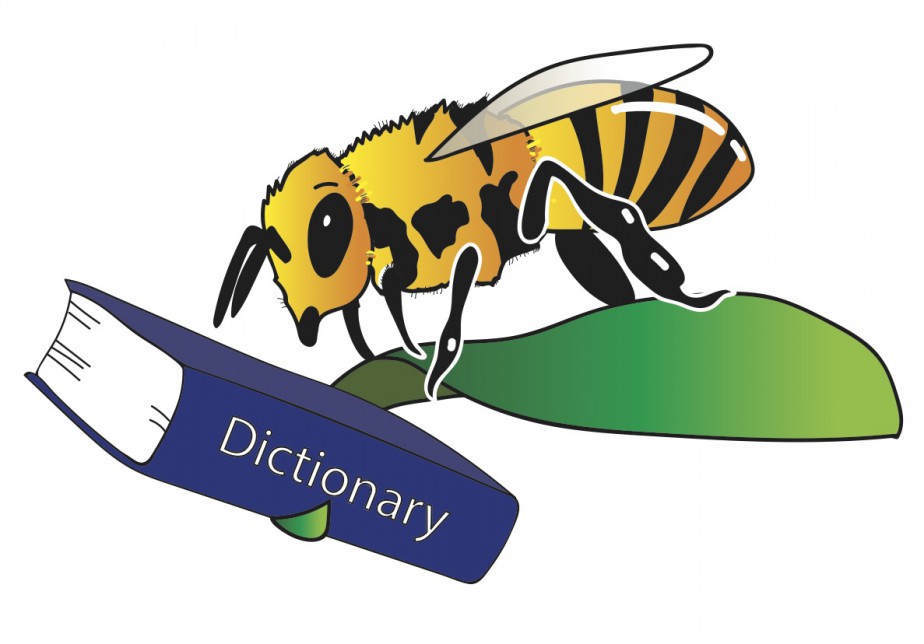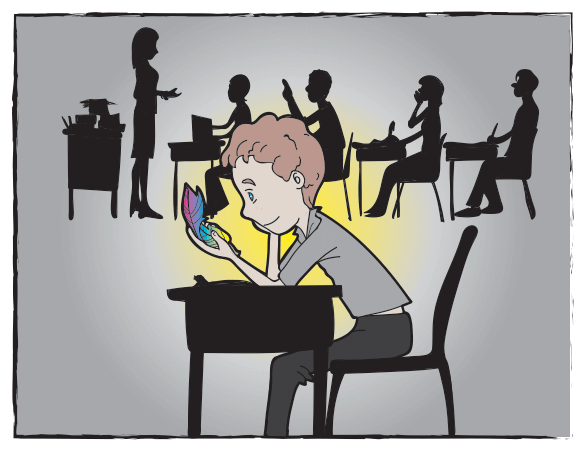Word Webs The use of word webs supports the student to have agency when investigating particular words of need, focus or interest that in turn facilitates the development of curiosity about language and language learning. Word webs encourage learners to uncover ideas such as Word function (Grammar) Synonyms and antonyms Spelling features or word history Examples to aid comprehension Connections … Read More
ABC OF INQUIRY – LANGUAGE OF LEARNING
ABC OF INQUIRY – LANGUAGE OF LEARNING ABC OF INQUIRY – LANGUAGE OF LEARNING “The question of language has become the most important questions confronting us. ‘The whole curiosity of our thought now resides in the question. What is language, how can we find a way round it in order to make it appear in itself, in all its plenitude?’ … Read More
Spelling Bee – To be or not to be a communicator?
Supporting communicators to become spellers. The act of communicating is a complex process of developing, sharing and receiving ideas. It takes many forms and is embedded in a multitude of spaces and serves various agendas. Being a communicator involves developing the skills, knowledge and understanding of the how, what and why of the different forms of communication. It involves developing … Read More
Concept Responsibility
Concepts are understandings that cross time, place and culture. Imagine that you had a series of telescopes or lenses that when you looked through them you would see the world in a very particular way. This is what concepts help learners do, see that regardless of disciplines or subjects all things are connected and can be viewed in particular ways … Read More
ABC OF INQUIRY – MINDSET
ABC OF INQUIRY – MINDSET ABC OF INQUIRY – MINDSET “Rest is not idleness, and to lie sometimes on the grass under the trees on a summer day, listening to the murmur of the water, or watching the clouds float across the sky, is by no means a waste of time.“ SirJohn Lubbock MINDSET: Is there more to consider? Carol Dweck’s work … Read More
ABC OF INQUIRY – LEVELS OF UNDERSTANDING
ABC OF INQUIRY – LEVELS OF UNDERSTANDING ABC OF INQUIRY – LEVELS OF UNDERSTANDING “He (she*) who would learn to fly one day must first learn to stand and walk and run and climb and dance; one cannot fly into flying”. Friedrich Nietzsche (* “She/they” added to quote to acknowledge and recognise the many ways and identity claims connected to gender) … Read More
ABC of INQUIRY – INQUIRY
ABC of INQUIRY – INQUIRY ABC of INQUIRY – INQUIRY “What else should our lives be but a continual series of beginnings, of painful settings out into the unknown, pushing off from the edges of consciousness into the mystery of what we have not yet become, except in dreams that blow in from out there bearing the fragrance of islands … Read More
ABC of INQUIRY – HETEROGENEOUS GROUPING
ABC of INQUIRY – HETEROGENEOUS GROUPING ABC of INQUIRY – HETEROGENOUS GROUPING Gillies (2008) concluded that students within heterogeneous cooperative learning groups demonstrated more cooperative and on task behaviour compared to the control group, which was an unstructured learning group. HETEROGENEOUS: Mix it up… Heterogeneous grouping is based on forming groups around diversity and difference. It is most often … Read More
ABC of INQUIRY – DEDUCTIVE TEACHING
ABC of INQUIRY – DEDUCTIVE TEACHING ABC of INQUIRY – DEDUCTIVE TEACHING “You don’t learn to walk by following rules. You learn by doing, and by falling over.” – Richard Branson DEDUCTIVE TEACHING: Follow the leader… Deductive teaching involves the teacher being positioned as the expert, the leader, the centre of the learning. Ideas, information or rules are delivered to … Read More
ABC OF INQUIRY – CURIOSITY
ABC OF INQUIRY – CURIOSITY ABC OF INQUIRY – CURIOSITY “I dream of things that never were; and I say ‘Why not?” George Bernard Shaw. Curiosity is about having the ability to notice what is visible and not visible and wonder why or why not. CURIOSITY “ I wonder wonder why…” George Bernard Shaw summed up curiosity perfectly when he … Read More








